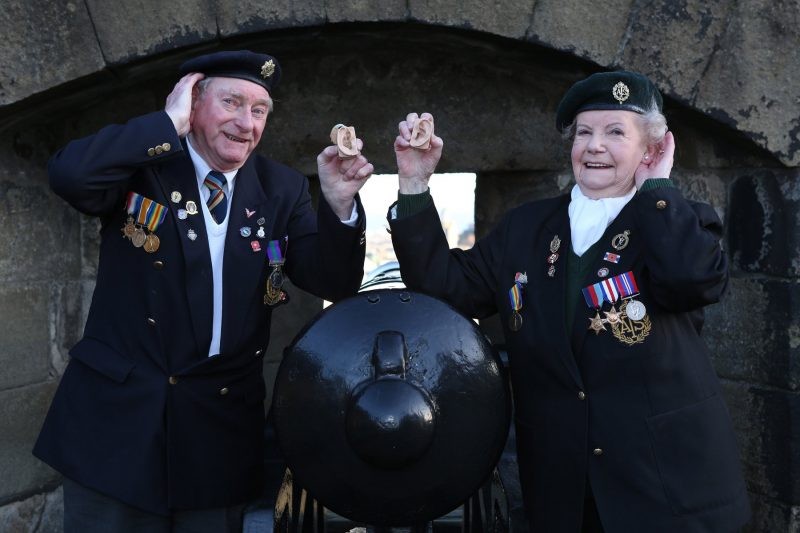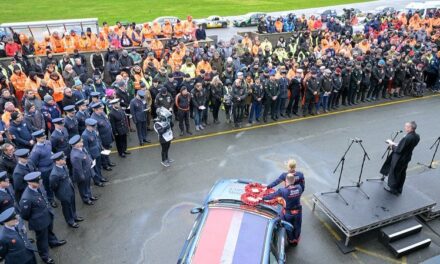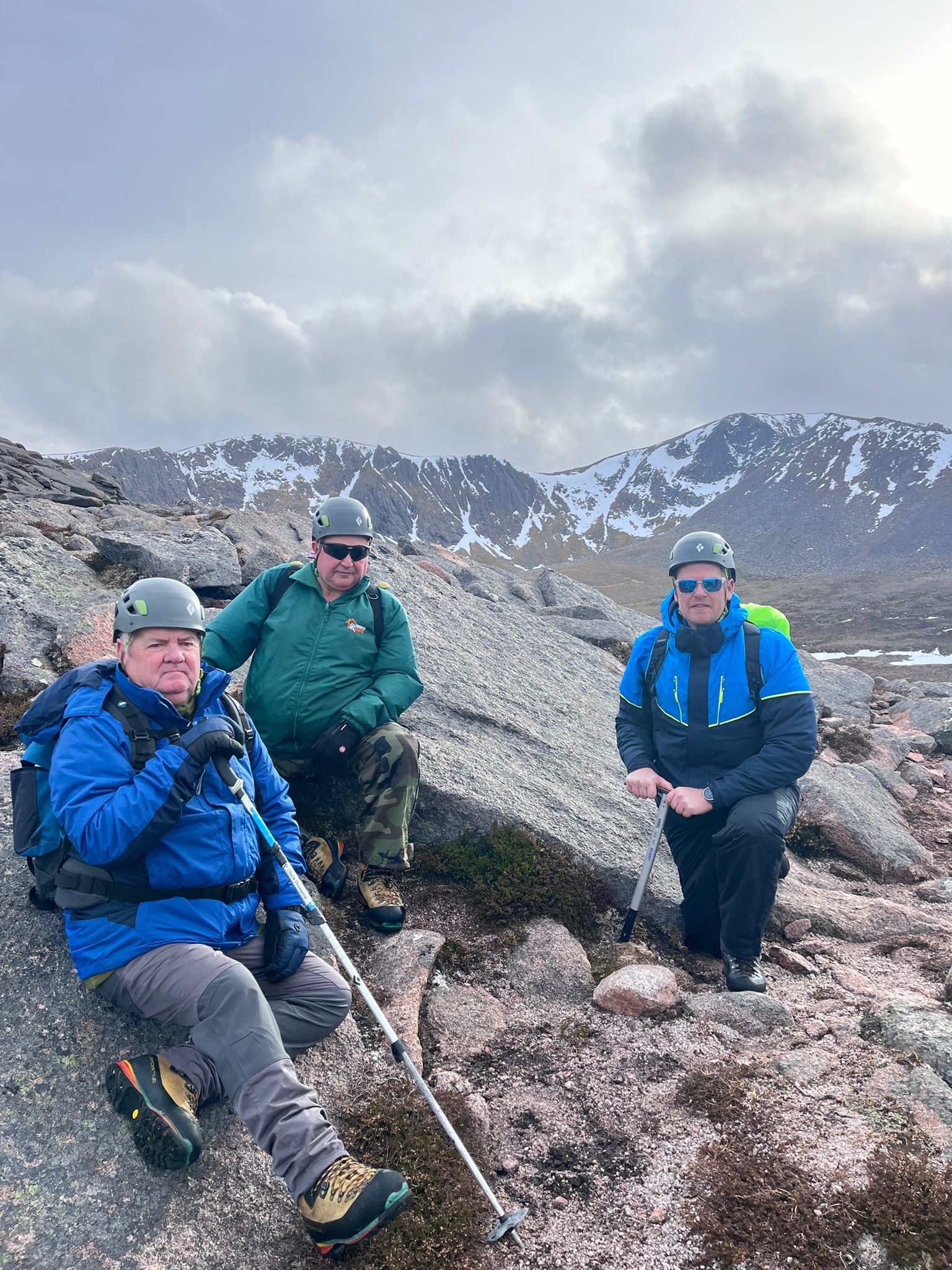Fortunately most Service Leavers make a successful transition from military to civilian life but, sadly, there are those for whom the challenge of entering Civvy Street proves extremely problematic. Pathfinder’s Back On Track initiative serves to highlight some of the support systems and sources of help that are available to Veterans in need…
“It was the best of times, it was the worst of times” wrote Charles Dickens in the opening to ‘A tale of two cities’. For many Service men and women, and their families, that pretty much sums up what it’s been like serving in the Armed Forces at least over the last decade, if not much, much longer. These are sentiments that would resonate with our fathers in the Second, and grandfathers in the First World Wars.
Being a member of the Armed Forces is different to any other profession or vocation. There’s little to better time on operations: the focus, the comradeship, the sense of purpose. And there’s no worse time than sunset over Basrah or Bastion, bidding farewell to fallen friends and colleagues. Military service is inescapably, and deliciously, unique.
No wonder then that the transition out of military and into civilian life is a bit more than just another posting, with attendant house, school and spouse’s job moves, all of which serving families just get on with. Where on the scale of ennui-drama-crisis does transition into civilian life sit? I was very struck by the pitch from a military charity in March’s Pathfinder that leaving the Service can be a ‘shocking and disorienting experience’. A striking assertion, because leaving should be neither shocking, nor disorienting. It should be anticipated, planned, exciting; and it should be faced with the confidence of success, and the security of a safety net of military charities.
Entering any of the three military Services follows a similar path – as you begin basic training, you are first of all de-civilianized. In my case this was largely achieved through the medium of an ill-fitting beret, pine poles and a lot of pointless polishing, although I daresay training methods have improved somewhat since the early 80s. So it should be no surprise, and an entirely legitimate call upon the public purse, that the Ministry of Defence seeks to ‘re-civilianize’ through its resettlement provision.
It is worth reflecting on what Lord Ashcroft observed in his Transition Review Report:
A great deal of high-quality provision is in place to assist with transition. The Armed Forces offer Britain’s biggest and best apprenticeship scheme. The great majority of Service Leavers who look for work find it quickly. Despite the widespread public belief to the contrary, relatively few experience serious problems.
I’ve heard it argued that the Ashcroft Review was a ‘damp squib’, and for those who had hoped for a stick with which to beat Government (and expressly the Ministry of Defence) over the head, they would have searched largely in vain. Yes, there is much the State could do better, and in the forthcoming re-let of the Career Transition Partnership contract, I would urge the Ministry of Defence to pay close heed to the recommendations from Lord Ashcroft and Forces in Mind Trust’s own Transition Mapping Study.
But we and the Ashcroft team agree that the most important factor in successful transition into civilian life is for the individual to take early responsibility (how about as soon as basic training is complete?) for their own life after service: such as collecting qualifications, planning financially, connecting with civilian society.
Some Service leavers do need extra or specialist support. RBLI and their Lifeworks programme offer just such one, and there are many others. Recognizing though that navigating through the maze of service providers can be tricky, we are currently developing with Manchester Business School a better model of access to information, advice and guidance.
Having ironed my trousers an unfeasibly large number of times during basic training, I was introduced early on to the 7Ps – familiar to all who have ever worn uniform, and top hit on Google. Transition into civilian life should take the same approach as life inside the military; but you, the individual, are in charge. You, the individual, must take responsibility for tapping into the resources available to anyone as they transition into civilian life. You, the individual, should be confident in your experience, your qualifications, your quality. And if you should stumble or falter, you, the individual can be assured that there is a vast range of organizations ready to steady you, or just to guide you, or if necessary to pick you up and get you back on track.
Air Vice-Marshal Ray Lock CBE
Chief Executive, Forces in Mind Trust
For further information about FiMT, please visitwww.fim-trust.org.uk
HighGround – Horticultural Therapy
Horticultural Therapy makes an important contribution to rehabilitation as it provides opportunities to improve balance, concentration, mobility and endurance whilst teaching patients new skills which they can take home as they continue their recovery.
Thanks to support from ABF the Soldiers’ Charity and the Westminster Foundation HighGround is now providing a Horticultural Therapy service at the Defence Medical Rehabilitation Centre at Headley Court.
Carol Sales is embedded in the Occupational Therapy team and she and her patients are growing plants for No Mans’ Land, the Soldiers’ Charitys’ show garden at Chelsea Flower Show in May as well as growing fruit and veg in the gardens at Headley Court.
Carol works closely with Vocational OT, Speech Therapy, Physio, OT and dieticians to make the most of Headley Court’s greenhouse and gardens.
HighGround is a charity started by Anna Baker Cresswell in 2013 to provide Service Leavers, Reservists and Veterans with advice and practical support about jobs, careers and vocational opportunities in the land-based sector; “Outdoor stuff for outdoor people although I wish the reality was that simple!” says Anna.
HighGround recently moved to RHQ the London Scottish Regiment in Horseferry Road in central London and HighGround’s core staff are based here, thanks to a generous donation from Annington.
The Charity is developing Rural Experience Weeks which will be on country estates and other rural locations around the UK where Service Leavers, Reservists and Veterans who are interested in learning more about the vast range of jobs which the land-based sector has to offer and how to get the training, qualifications and work experience to become a tree surgeon, beatkeeper, park ranger or viticulturist can spend 5 days with people who know, and people who have already walked the walk.
HighGround offers ongoing support as people continue their journey to find and stay in land-based employment and the Charity is committed to making sure that access to advice about jobs, training and work experience is never more than a telephone call or e-mail away.
Those who leave the military have huge transferable skills such as problem-solving, self-motivation and good communication, and they are perfect for the land-based sector as the world becomes more aware of our surroundings and the need to preserve and conserve what resources we have.
Anna says, “My vision for HighGround is that we become the ‘go-to’ for employers and training and further-education providers so that when someone is leaving or has left the military and wants to work in the land-based sector, we can provide these unique and terrific people with training and jobs which they like, enjoy and are good at.”
Pilot weeks at the National Memorial Arboretum, Plumpton College and the RBLI in Kent are scheduled for summer 2014 and anyone interested in finding out more, should contact Anna BCanna@highground-uk.org or 07951 495 272 or David Steele Operations Directordavid.steele@highground-uk.org

















